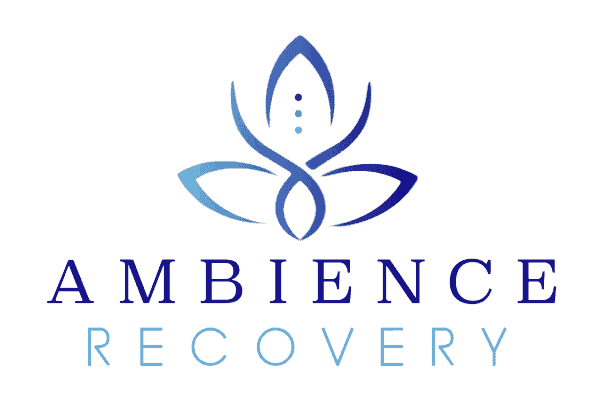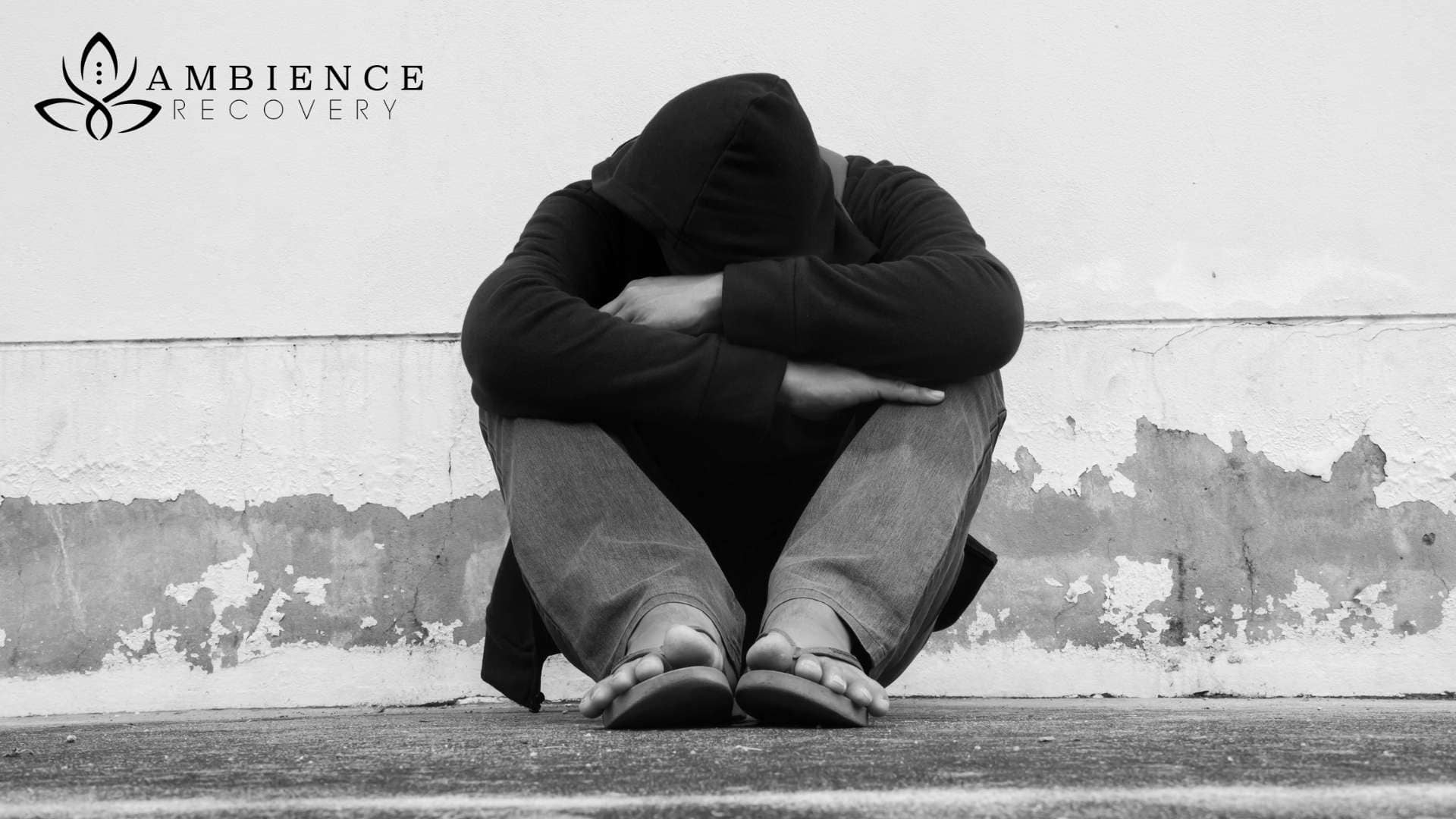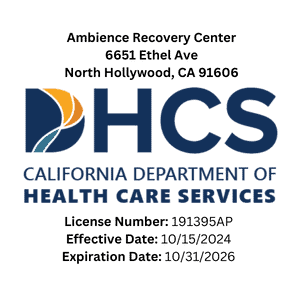Key Takeaways
- Crack cocaine is a powerful and highly addictive drug.
- It changes how the brain works and causes serious mental and physical harm.
- Smoking crack increases the risk of heart problems, paranoia, lung damage, and overdose.
- Over time, it can destroy relationships, jobs, and lives.
Introduction
Crack cocaine is one of the most addictive and destructive drugs in the world. It can take control of a person’s life quickly—sometimes after just a few uses. What starts as a short burst of energy or euphoria can turn into a cycle of craving, use, and crashing that feels impossible to escape.
People who use crack often lose their jobs, families, health, and even their sense of self. But there is hope. In this article, you’ll learn how crack cocaine affects the brain and body, how it damages lives, and how treatment can help you or someone you love start fresh.
What Is Crack Cocaine?
Crack cocaine is a smokable form of cocaine. It’s made by mixing powdered cocaine with baking soda or ammonia, then heating it until it hardens into small, rock-like pieces. These “rocks” are then smoked, creating a fast and intense high.
Unlike powdered cocaine, which is usually snorted, crack is smoked, which makes the drug hit the brain in seconds. That quick rush of energy and euphoria is what makes crack so addictive.
People who use crack may call it “rock,” “base,” or simply “crack.” No matter what it’s called, it can quickly take over a person’s life.
How Crack Cocaine Affects the Brain
When someone smokes crack, the drug causes a huge release of dopamine, the brain chemical that helps us feel pleasure and reward. The user feels a quick, powerful high—but it only lasts about 5 to 10 minutes.
After the high wears off, the brain crashes. The person feels sad, tired, or irritable. This crash often makes them want more crack right away. Over time, the brain stops making its own dopamine, so the person needs the drug just to feel normal.
This is how addiction starts. The brain becomes trapped in a cycle of chasing the next high while the person loses control over their drug use.
Short-Term Effects of Crack Cocaine
Even in the early stages, crack use can cause serious changes in the body and mind. These effects may include:
- A fast heart rate and high blood pressure
- Dilated pupils and restlessness
- Loss of appetite
- Sudden bursts of energy
- Euphoria followed by anxiety or paranoia
Some people may also experience hallucinations or act in ways that are dangerous to themselves or others. Because the high fades so quickly, users often smoke more and more to keep the feeling going—raising the risk of overdose.
Long-Term Effects of Crack Cocaine Addiction
The longer someone uses crack, the more damage it can do. Over time, crack can:
- Harm the lungs – A condition known as “crack lung” can cause coughing, chest pain, and trouble breathing.
- Weaken the immune system – Making it easier to get sick or develop infections.
- Damage the heart and blood vessels – Leading to heart attacks, seizures, or strokes.
- Cause major weight loss and poor nutrition – Crack use often replaces eating or sleeping.
- Affect thinking and memory – The brain has trouble focusing, making decisions, or remembering things.
- Trigger mental health problems – Like deep depression, paranoia, or psychosis.
These long-term effects often leave people feeling isolated, confused, and stuck in a cycle they don’t know how to stop.
How Crack Cocaine Destroys Lives
Crack doesn’t just hurt the body—it tears apart lives. It affects everything and everyone around the person using it.
People addicted to crack may lose their job because they can’t focus, show up on time, or act safely. They might spend all their money on drugs, falling behind on rent or bills. Families break apart. Friendships fade. Children suffer. Some people lose their homes and end up living on the street.
Legal trouble is also common. To get more crack, some people steal, lie, or end up in dangerous situations. Others are arrested for possession or related crimes.
Most of all, crack addiction causes people to lose themselves. Their goals, dreams, and happiness are replaced with one thing: finding and using more of the drug.
Withdrawal and the Cycle of Use
When someone tries to stop using crack, the withdrawal symptoms can feel overwhelming. These may include:
- Cravings
- Depression or mood swings
- Fatigue
- Sleep problems
- Intense anger or restlessness
Because of these symptoms, many people return to using crack just to feel “okay” again. This creates a destructive cycle that can feel hopeless without help.
But you don’t have to go through it alone. With the right support, withdrawal is manageable, and recovery is possible.
Getting Help for Crack Cocaine Addiction
Crack addiction is not just a bad habit—it’s a disease. And like any disease, it needs the right treatment.
At Ambience Recovery, we offer programs designed to help people break free from crack cocaine and start living again. Our treatment plans include:
- Medical detox to help your body safely remove the drug and ease withdrawal
- Individual and group therapy to work through the emotional roots of addiction
- Mental health care for depression, trauma, anxiety, or other challenges
- Relapse prevention tools to help you stay on track
- Family support to help rebuild trust and connection
You don’t have to be “ready” or hit rock bottom. You just have to take the first step.
Conclusion
Crack cocaine is powerful. It changes how your brain works, how your body feels, and how your life unfolds. But addiction doesn’t have to be the end of your story.
Whether you’re using crack now or love someone who is, there is hope for healing. You are not alone. You are not broken. And you deserve help.
Call 866-721-7470 today to speak with someone at Ambience Recovery who understands what you’re going through. We’re here to help you take back control of your life—one step at a time.
FAQs About Health Effects of Crack Cocaine Use
How addictive is crack cocaine?
Crack is one of the most addictive drugs out there. Because it works fast and wears off quickly, people often use it again and again, sometimes within minutes.
What are the signs someone is using crack?
Look for extreme mood swings, restlessness, lack of appetite, weight loss, dilated pupils, and burn marks on fingers or lips from smoking the drug.
Can crack cocaine cause long-term damage?
Yes. Long-term use can hurt the heart, brain, and lungs. It can also cause mental health issues and damage relationships, careers, and finances.
What happens when someone stops using crack?
They may feel depressed, tired, anxious, or irritable. These symptoms are part of withdrawal and are easier to manage with professional support.
Where can I get help for crack cocaine abuse & addiction?
Call 866-721-7470 to talk with a caring team member at Ambience Recovery. We’ll help you understand your options and take the first step toward recovery.
What are some proven therapies for crack cocaine addiction treatment?
Cognitive Behavioral Therapy (CBT), contingency management, and motivational interviewing are among the most effective therapies for treating crack cocaine addiction. These approaches help individuals change thought patterns, build coping strategies, and stay motivated in recovery.
What are the long-term effects of cocaine use?
Long-term cocaine use can lead to heart disease, respiratory issues, chronic anxiety, cognitive decline, and increased risk of stroke. It can also cause damage to nasal tissues, liver and kidney problems, and persistent mood disturbances.
What are the psychological effects of crack cocaine?
Crack cocaine use can cause intense anxiety, paranoia, mood swings, hallucinations, and increased risk of depression or suicidal thoughts. Long-term use often leads to emotional instability and cognitive impairment.
What medications can assist in the treatment for crack cocaine addiction?
While there are no FDA-approved medications specifically for crack cocaine addiction, some off-label options like disulfiram, topiramate, and modafinil have shown potential in reducing cravings and relapse. Research is ongoing to find more targeted treatments.
Resources
https://www.justice.gov/archive/ndic/pubs3/3978/index.htm
https://www.deadiversion.usdoj.gov/drug_chem_info/cocaine.pdf
Katie is a Licensed Clinical Social Worker who has worked as a primary therapist, supervisor, and now clinical director for SUD/MH treatment centers for the past 12 years. Katie is trained in Brainspotting, EMDR, Internal Family Systems and Dialectical Behavior Therapy and is passionate about treating substance use disorders, trauma and grief.






